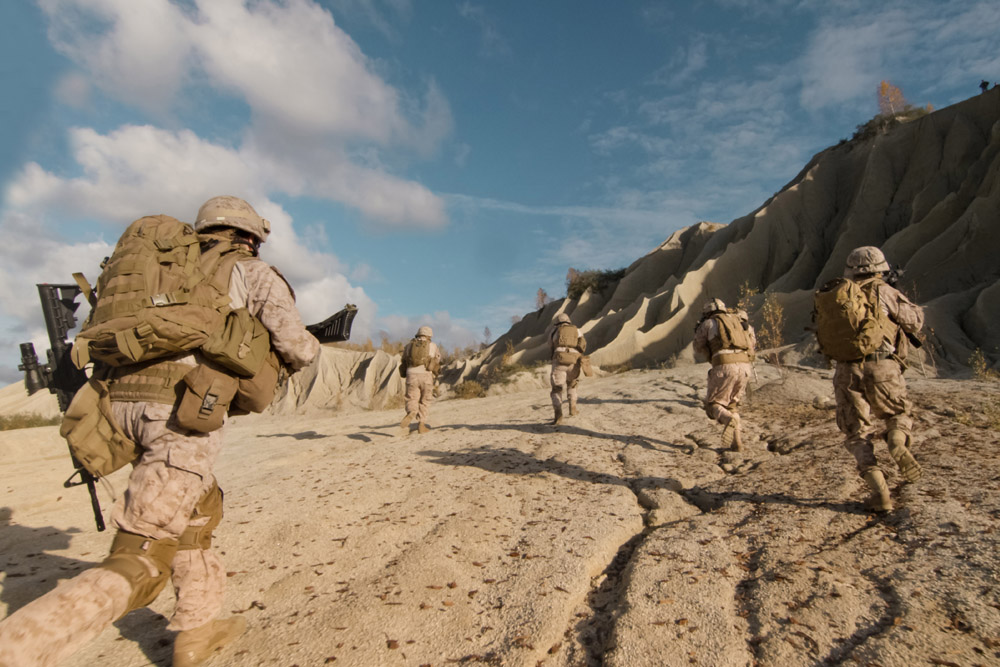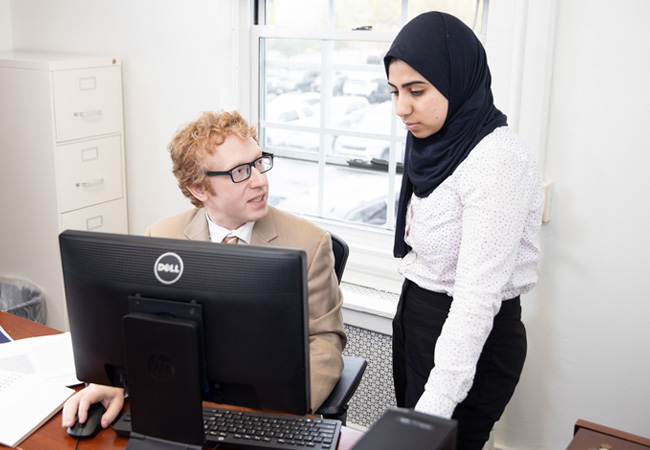The United States insisted the Taliban hand bin Laden over if they wanted to gain diplomatic recognition—a moment, Jonathan Cristol, PhD, argues, that represented another consequential fork in the road.

The United States insisted the Taliban hand bin Laden over if they wanted to gain diplomatic recognition—a moment, Dr. Cristol argues, that represented another consequential fork in the road.
After the Soviet Union left Afghanistan in 1989, militias vied to fill the power vacuum there, spurring a brutal civil war that consumed the country. One contender for power, Mohammad Omar, a veteran of the battle against the Soviets, entered the fight by taking a government checkpoint near Kandahar. From there, Omar never looked back. By September 1996, he and his soldiers had taken Kabul; by November, they had petitioned the United States for recognition as the official government of Afghanistan. They called themselves the Taliban.
As Jonathan Cristol, PhD, Levermore Global Scholars Fellow, writes in his new book published in 2019 by Palgrave Macmillan, The United States and the Taliban Before and After 9/11, this moment represented a fork in the road for the United States. “The Taliban wanted a good relationship with our government,” he explained. They sought the many benefits diplomatic recognition would have conferred: prestige, a seat at the United Nations and, they hoped, the chance to realize their long-standing goal of developing a profitable oil pipeline.

Jonathan Cristol, PhD, with student Nada Osman.
But the United States denied diplomatic recognition. “The Taliban’s treatment of women made it politically difficult to recognize their government or to have a publicly positive relationship,” Dr. Cristol said. Nevertheless, the United States had a cordial relationship with the Taliban for many years, and American officials met regularly with Taliban officials.
That cordiality became impossible when Mohammad Omar’s friend, Osama bin Laden, suddenly appeared on the international stage. Bin Laden lived in Afghanistan under Omar’s protection, and from there orchestrated terrorist attacks in Kenya and Tanzania in 1998. The United States insisted the Taliban hand bin Laden over if they wanted to gain diplomatic recognition—a moment, Dr. Cristol argues, that represented another consequential fork in the road. Although as many as 70 percent of Taliban leaders wanted to extradite bin Laden, Omar refused, and the Taliban’s relationship with the United States continued to sour.
After the attacks of September 11th, the United States gave Mohammad Omar one last chance to hand over bin Laden. When Omar stood by his friend, the United States invaded. Nearly two decades later, the results of this decision are unequivocal. “We have lost the war,” Dr. Cristol said. “The Taliban controlled more territory at the end of 2018 than they did in 2002. And we will ultimately take the same deal with the Taliban that we could have had 20 years ago. Another lasting consequence is that the Taliban now are worse than the Taliban then. It’s a tragedy.”
The tragedy has some bright spots, Dr. Cristol believes. “We did make life better for many people,” he said. “That is primarily true in Kabul, where women attend universities and more opportunity is available than it had been under Taliban rule.” Unfortunately, as the United States prepares to withdraw, those gains will likely be reversed.
So what should the United States do? “I do think that we must withdraw from Afghanistan,” Dr. Cristol said. “But it’s imperative that we do not withdraw from Afghanistan, which could have dire consequences. Both of those statements are true.” There may be a way to satisfy these contradictory demands, though. “We need to withdraw with honor,” he explained. “We need to guarantee the safety not only of the people who worked with us, but also the people who will be in danger when we leave—female teachers, students, professionals, musicians.”
How the United States handles this transition remains to be seen. Still, Dr. Cristol urges voters and politicians to learn a simple but profound lesson from this conflict. “Everyone on the U.S. side meant well and made reasonable decisions, and it still turned out badly,” he said. “Decisions that seem obvious—like toppling the Taliban after 9/11—are always more complicated than we’d like to think.”
Jonathan Cristol, PhD, is a Levermore Global Scholars research fellow who writes and speaks about international security and U.S. foreign policy in the Middle East and East Asia. He is a senior fellow at Bard College’s Center for Civic Engagement.For further information, please contact:
Todd Wilson
Strategic Communications Director
p – 516.237.8634
e – twilson@adelphi.edu